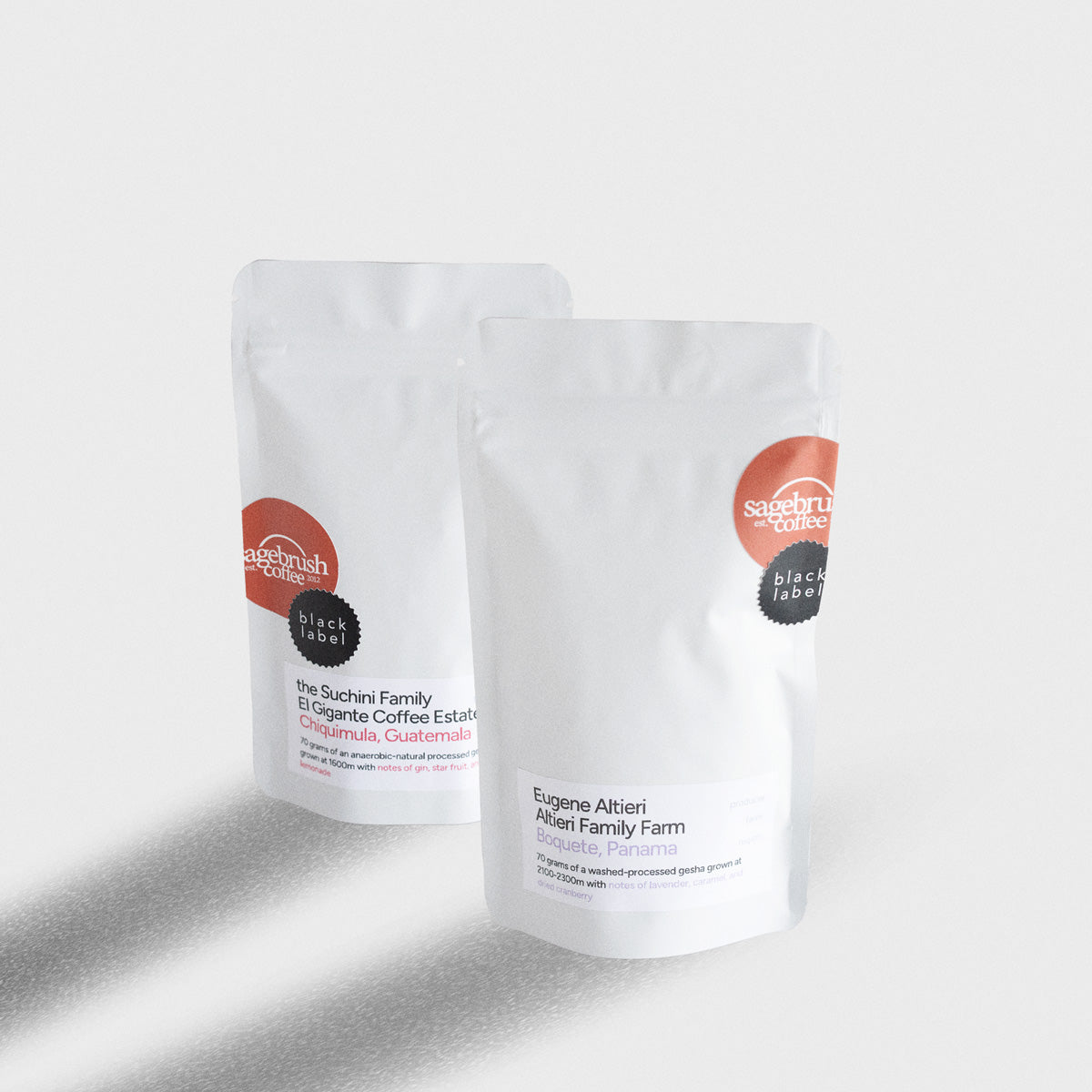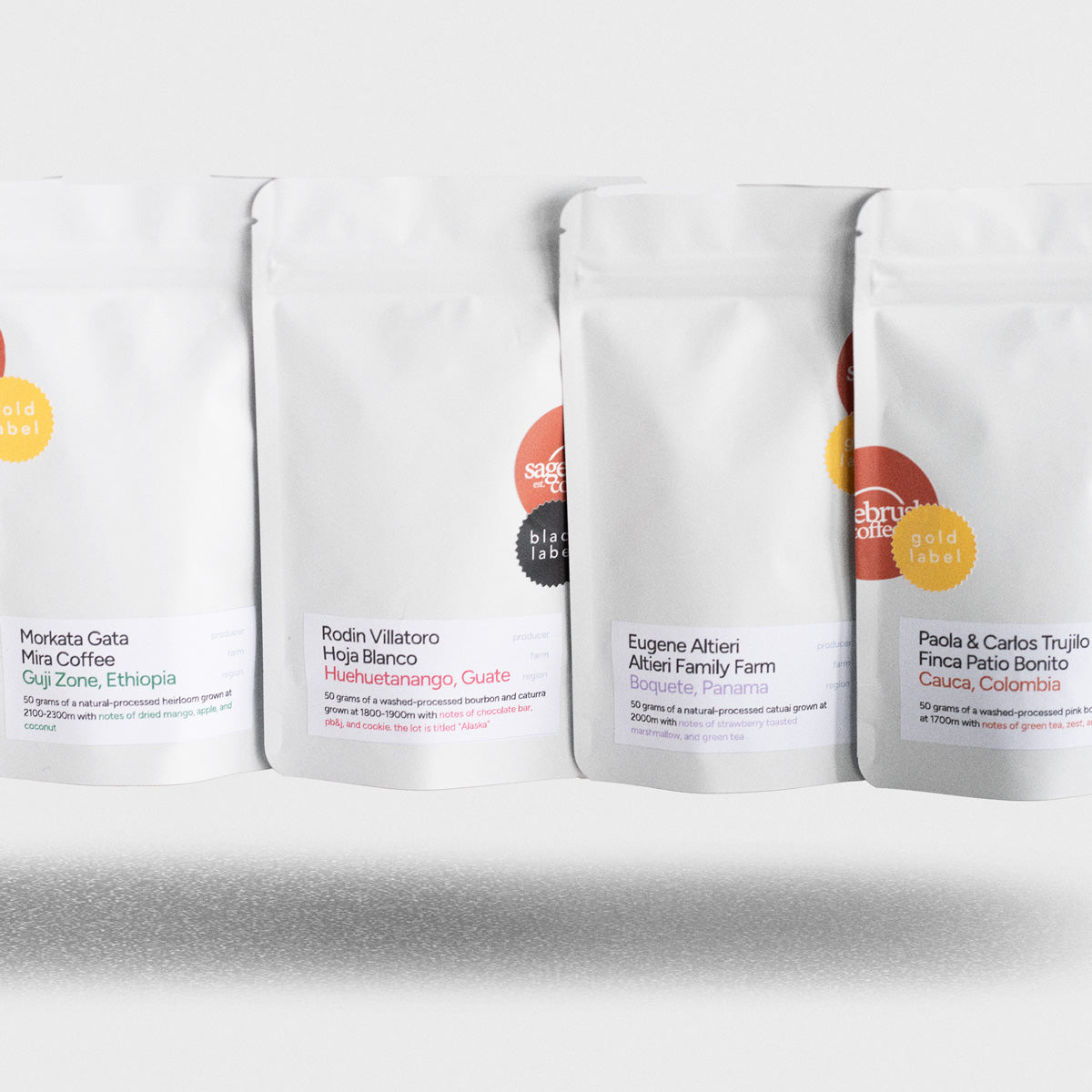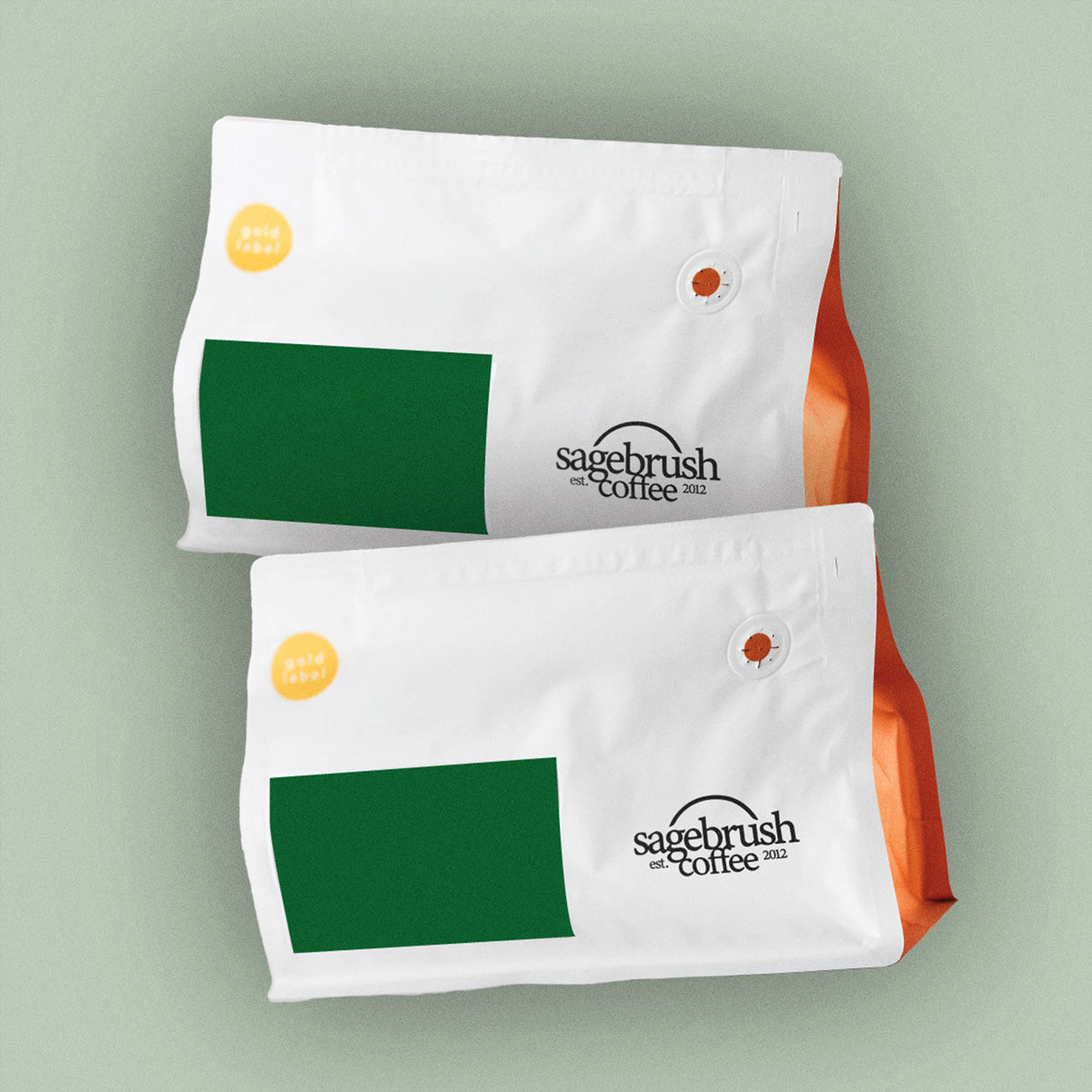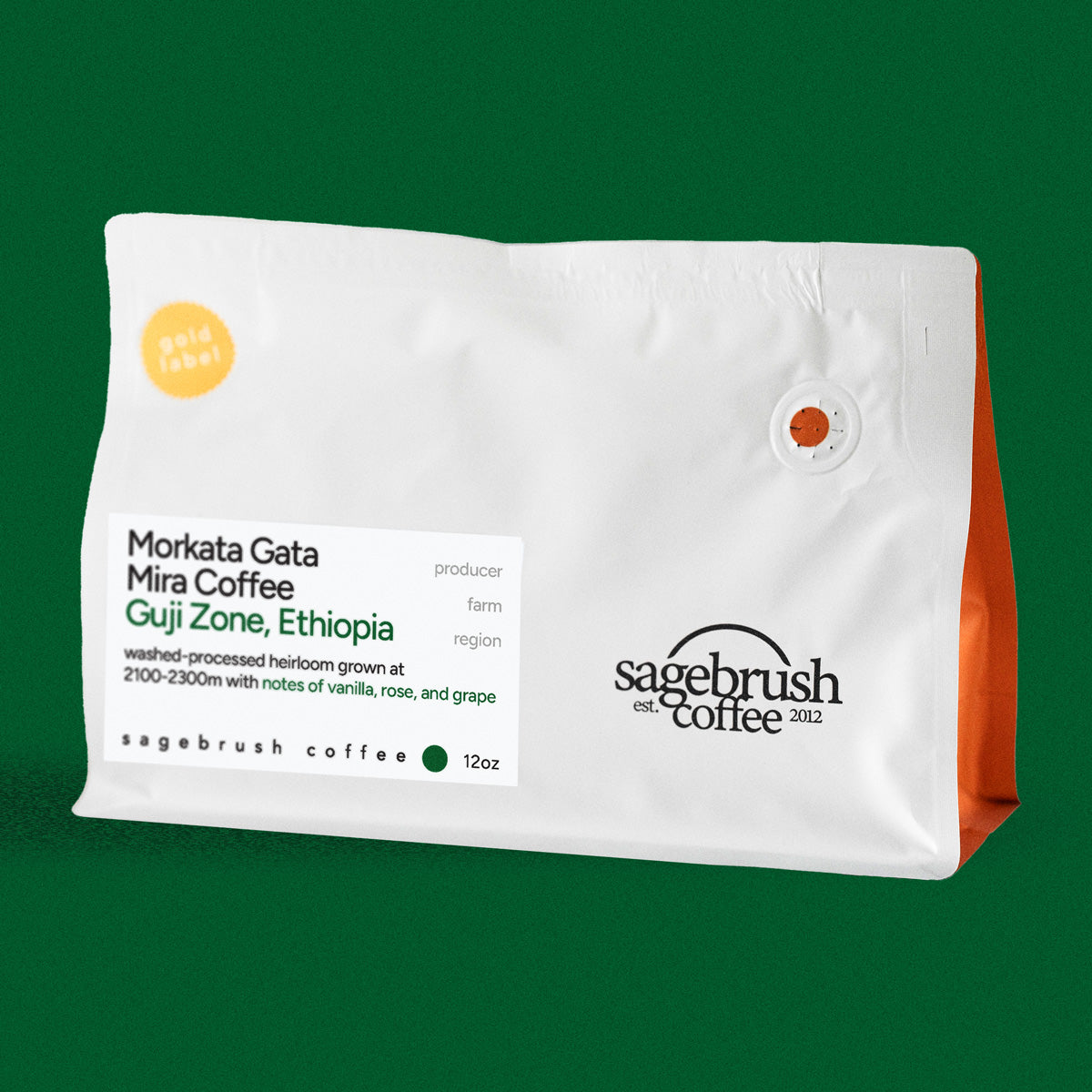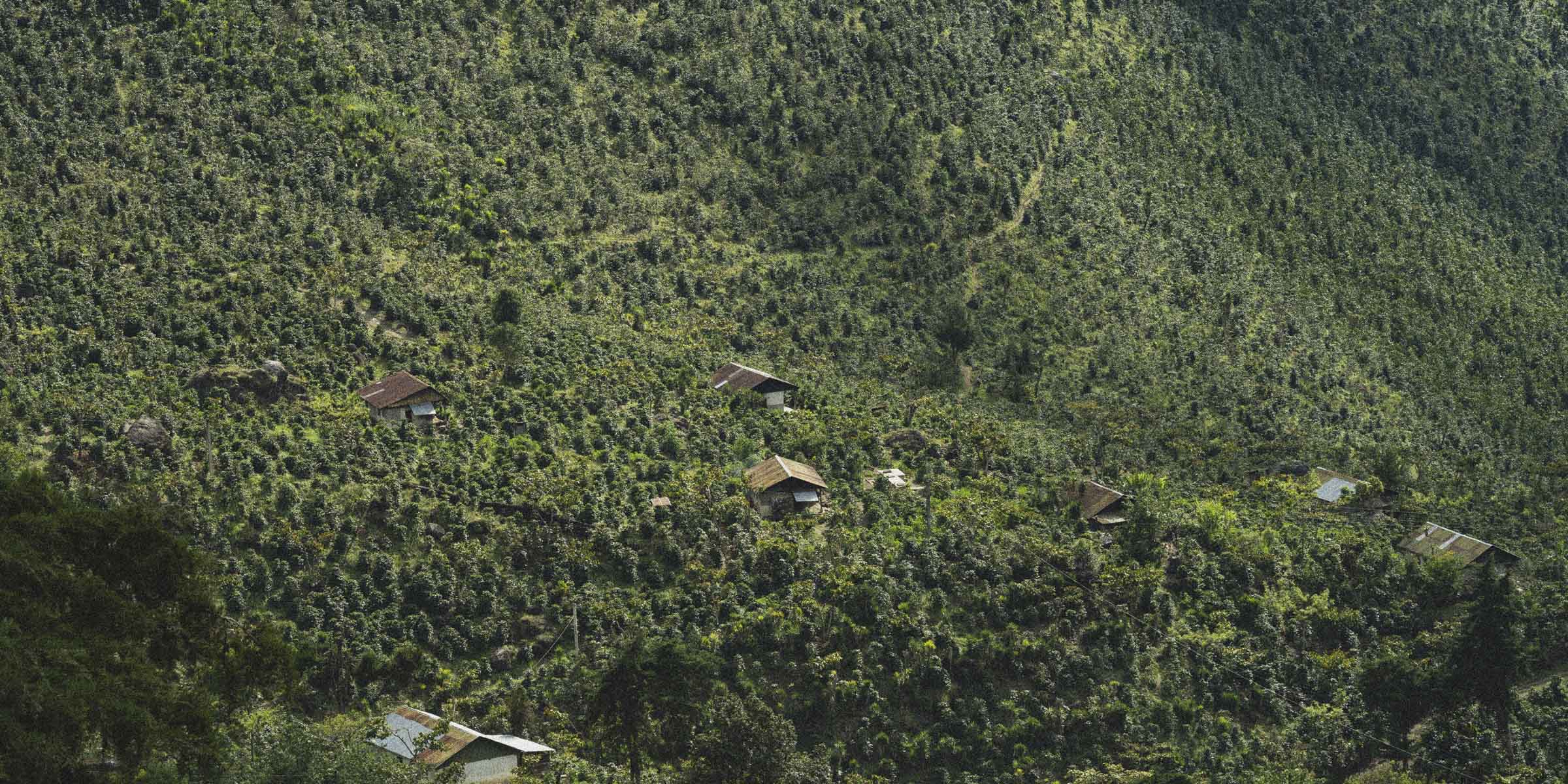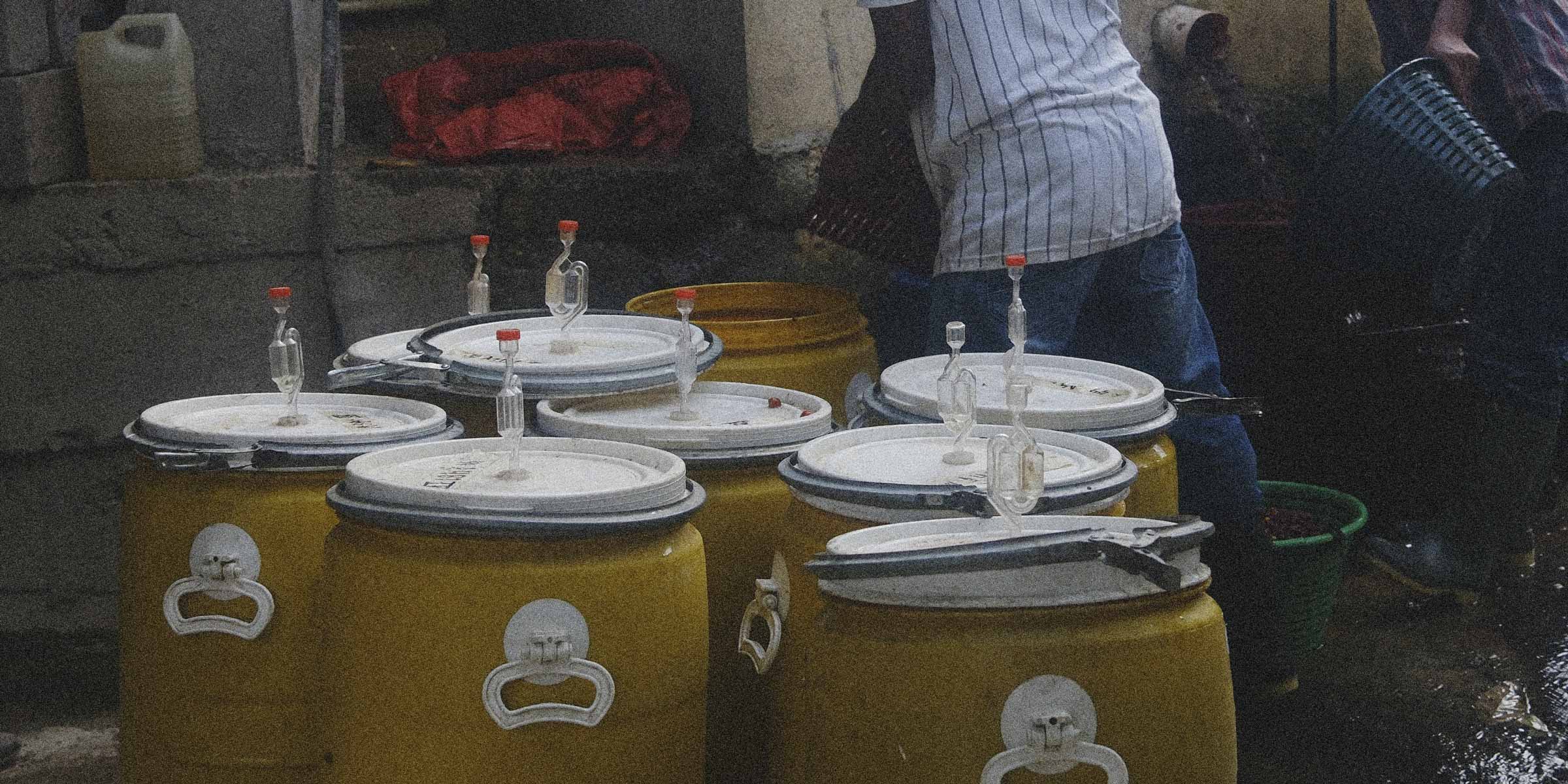Coffee is essential to Ethiopians. Its main export is coffee and it acts as a lifeline for rural farmers. Farmers often start their day with three small cups of coffee from beans roasted over charcoal which is a daily reminder of the centrality of coffee for Ethiopian people. The Ethiopian Coffee Ceremony also shows how central coffee is in their culture. It's a way to welcome and serve guests.
For many years it was a challenge to trace Ethiopian coffee back to specific farms. In East Africa alone, there are about 20 million small farms, most of which are in Ethiopia. These aren't extensive coffee operations. These are primarily small rural farmers, and about 80% of them live on their farms. For many years they were forced to sell to middlemen at whatever price they set. The rural farmer would never know how buyers determined prices. They were at the whim of what the buyers quoted. Coffee would be sold to buyers, and they would sometimes mix the coffee from other farms making it difficult to document the source of the beans. The political landscape didn't help either. It impacted farmers’ ability to get value for the beans they cultivated.
For many years, the cost to the farm was much higher than what their coffee sold for, leaving them in desperate circumstances. They would experience extreme poverty, high infant mortality, and malnutrition among family members while corporate profits soared. Farmers had very little leverage to negotiate since they needed the funds to survive. It was an uphill battle to survive between the political climate and buyers that would try to undercut farmers' profits. Farmers had no recourse when they weren't paid fairly. This problem initiated the Fair-Trade movement in Ethiopia, but unfortunately, the impact on the farmer would not be significant. They would still struggle to be able to produce enough coffee to be profitable.
Co-ops would begin to rise, but because of government involvement and other factors, there was minimal trust that the Co-op would be effective in helping farmers fetch a higher price. Farmers had been cheated so often from previous co-ops, they had minimal confidence that the co-op could help. That was the state of coffee farming in Ethiopia until recent years. Trust in co-ops has taken a turn, and real improvements have become more evident. One such co-op is Oromia Coffee Farmers Cooperative Union. As Unions focus on helping farmers, they have improved visibility into pricing and tracking of shipments. Those two practices alone have improved the ability to trace coffee back to its farm of origin.
When traceability is done right, everyone benefits. Farmers have more ability to fetch a higher and fair price for their hard labor. At Sagebrush, you know we are committed to showcasing the hard work of producers. In the case of Ethiopia, those producers include rural farmers who live and cultivate the land to provide for their families. We want to buy coffee at a fair price for them. If farmers make money, they turn around and harvest more great coffee. We want to know where the coffee came from because if it's the best coffee, we want to buy it over and over and provide our customers the best Ethiopian coffee experience. In the end, the farmer's life improves, and coffee lovers enjoy great coffee—what a happy ending to an otherwise tumultuous story.




